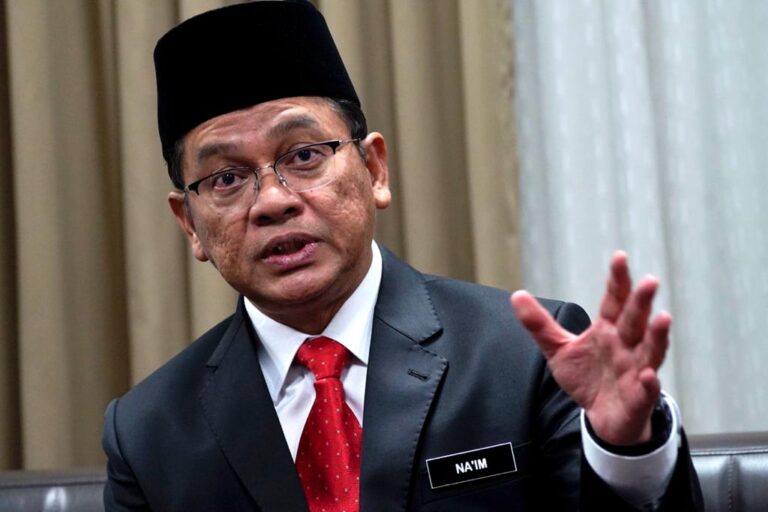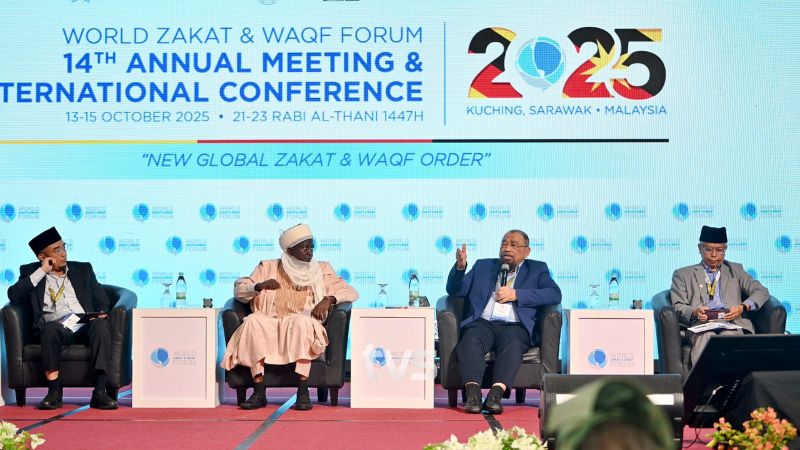KUALA LUMPUR, March 11 – The Department of Islamic Development Malaysia (JAKIM) is set to enhance its Foreign Halal Certification Bodies (FHCB) recognition procedures to align with evolving global Halal standards. This move aims to ensure that Halal products imported into Malaysia continue to meet the nation’s stringent compliance requirements.
According to Minister in the Prime Minister’s Department (Religious Affairs), Datuk Dr. Na’im Mokhtar, JAKIM currently recognises 85 FHCBs from 47 countries, which play a vital role in certifying Halal products for the Malaysian market.
“JAKIM also conducts regular audits and inspections on recognised FHCBs to ensure compliance with Malaysia’s Halal standards. These audits include document reviews, visits to manufacturing premises, and continuous monitoring of foreign Halal product certification,” he said in the Dewan Rakyat during a question-and-answer session last Wednesday.
Dr. Na’im also announced that JAKIM is in the final stages of developing an online application system called MY IHAB. This new system is designed to enhance efficiency and integrity in managing FHCB applications, making the recognition process more systematic and transparent.
“By implementing MY IHAB, JAKIM aims to streamline the FHCB recognition process, ensuring that applications are handled efficiently while maintaining the highest level of compliance with Halal standards,” he added.

In response to Datuk Mumtaz Md Nawi (PN-Tumpat) ‘s query regarding stricter monitoring of foreign Halal logos, Dr. Na’im revealed that JAKIM is actively exploring the use of artificial intelligence (AI) and blockchain technology to strengthen real-time monitoring and compliance of FHCBs.
“This initiative aligns with Malaysia’s vision to maintain its leadership in Halal certification. AI technology will automatically analyse compliance data, detect inconsistencies in certification, and issue early warnings for any non-compliance,” he explained.
Meanwhile, blockchain technology will provide an immutable and transparent record of every stage in the Halal supply chain, ensuring that Halal compliance is verifiable and secure from any tampering.
Dr. Na’im also hinted at potential collaborations between JAKIM and FHCBs to integrate AI and blockchain systems into the Halal certification process. This step would further solidify Malaysia’s position as a global leader in technology-driven Halal monitoring.
“In terms of AI use for Islamic rulings and Halal-related matters, JAKIM will carefully assess its application to ensure that all decisions align with Islamic principles and are implemented responsibly,” he assured.
This announcement underscores Malaysia’s commitment to adopting cutting-edge technology in Halal certification, ensuring that all imported products meet JAKIM’s high standards before entering the local market.
Source: Bernama.



